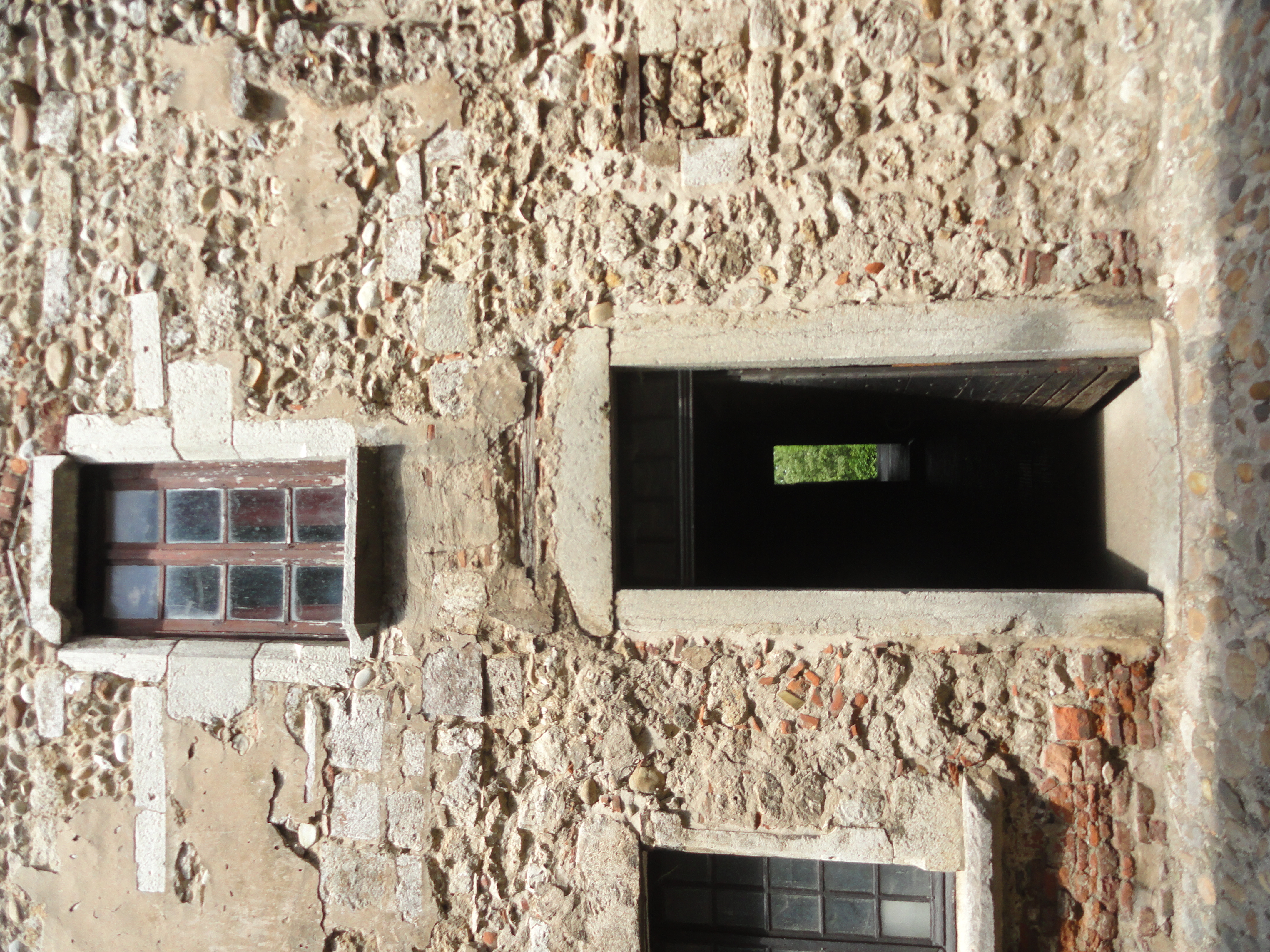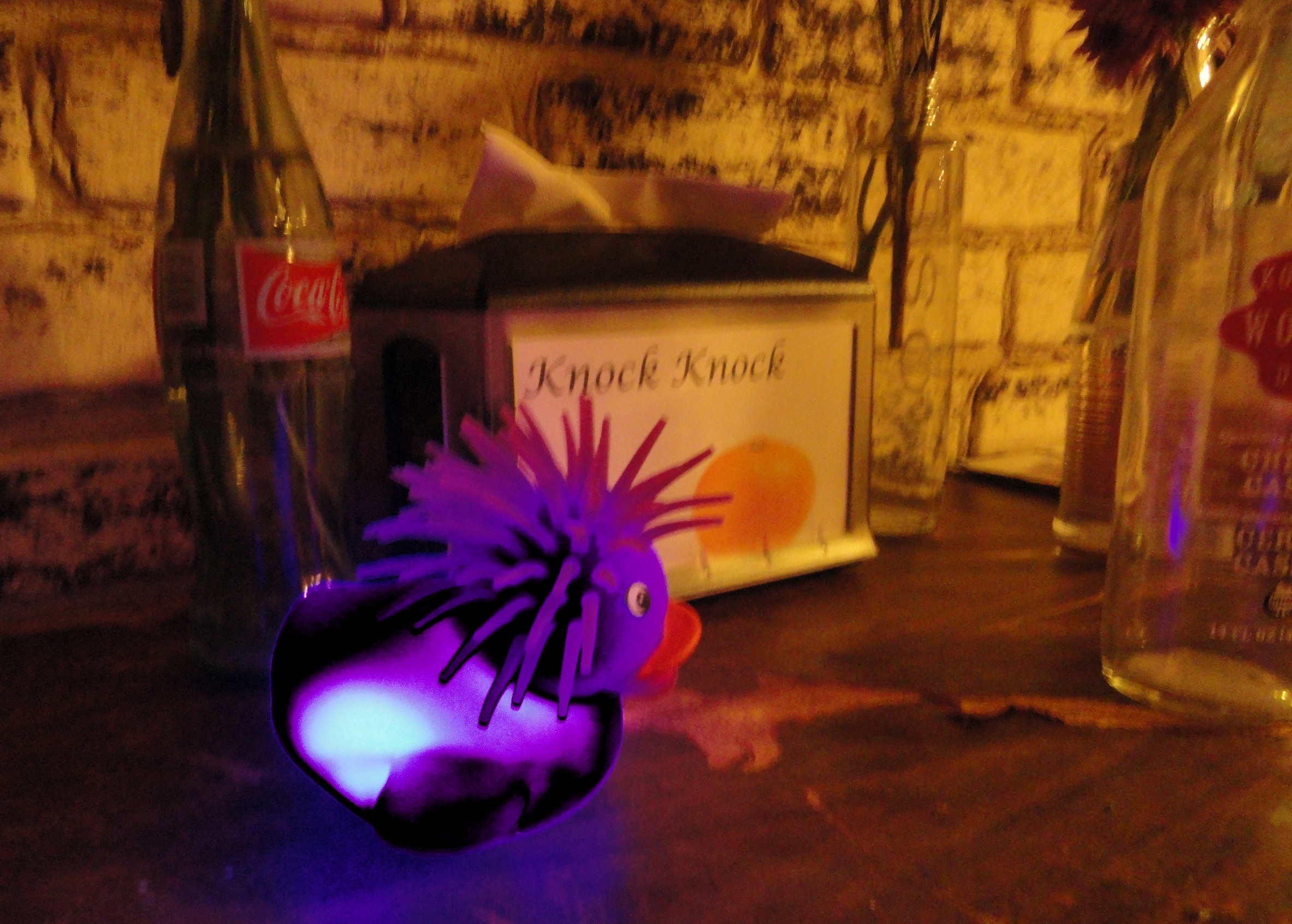Joyce Fetteroll wrote:
What gets in the way of so many new unschooling parents is unreasonable expectations. They think kids must learn to read, spell, do math by a certain age, do chores, do what they're told, not eat more sugar than Mom thinks is right, bathe and sleep when Mom wants... They think unschooling parents have a magical way of getting kids to do those.
Some parent expectations come from how they were parented. Some come from school. Some come from friends and other parents. Some are accepted as truths just because the message is ubiquitous.
For unschooling to flourish, parents need to look directly at their kids. What does *this* child need? What is *this* child reaching for? If a resource helps a parent let go of unreasonable expectations and look directly at their child, then that's supportive of creating a learning environment. If a resource helps a parent understand their child better, that's a good thing *if* it removed a barrier to directly looking at their child. It's not a good thing if it puts a new filter between parent and child. (It's funny how parents who fear TV see addiction in their children. When they let go of their fear, they see engagement.)
—Joyce Fetteroll
SandraDodd.com/waldorf
photo by Sarah Peshek




















